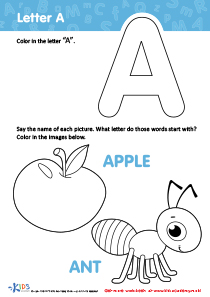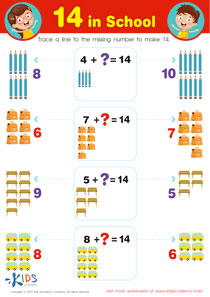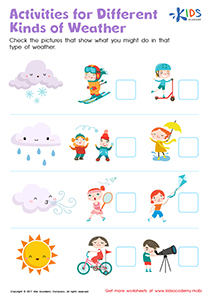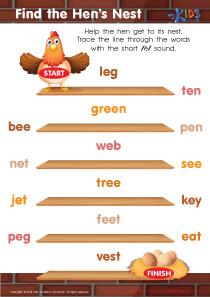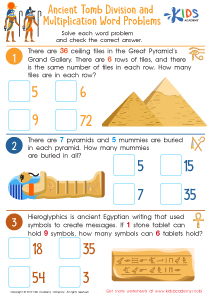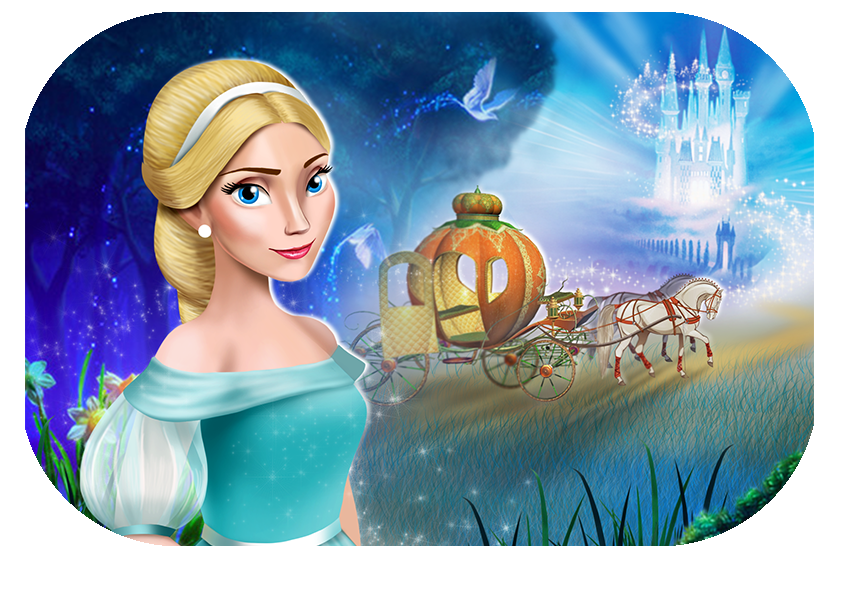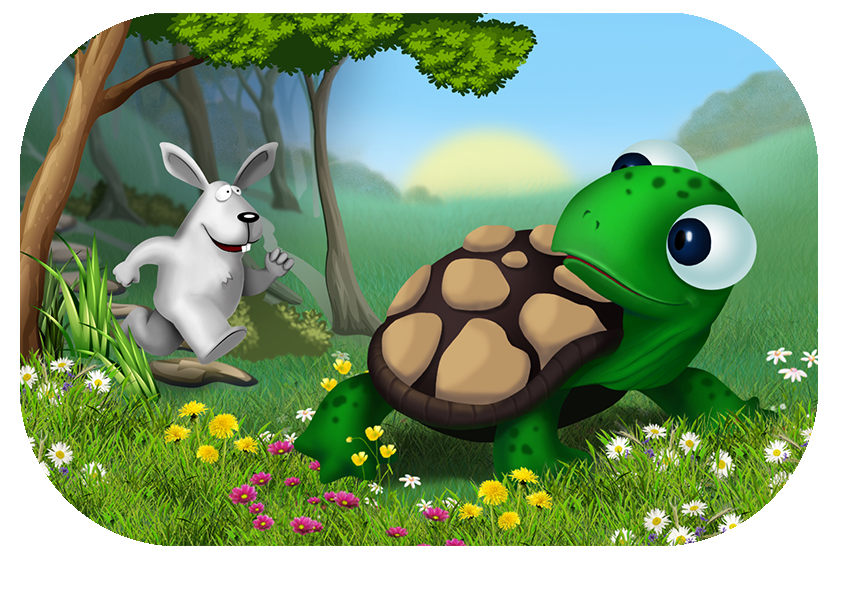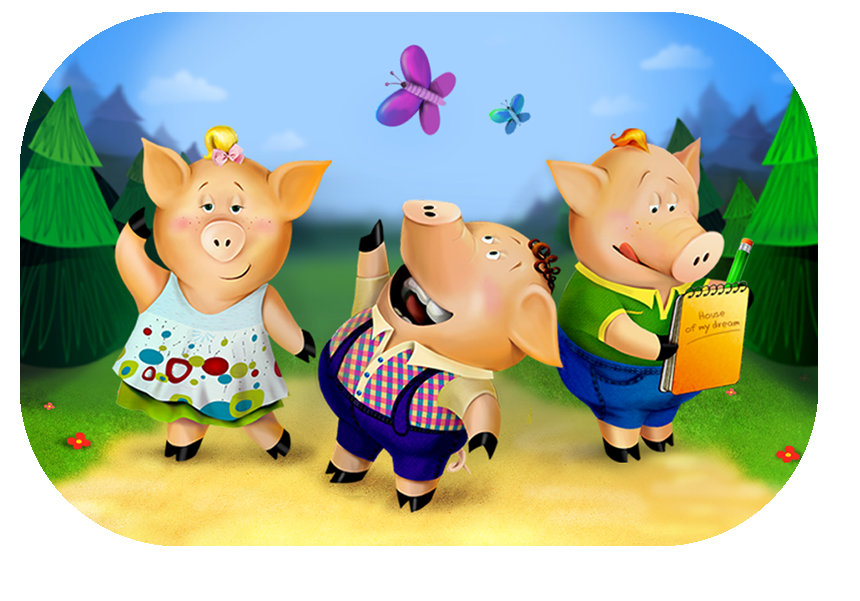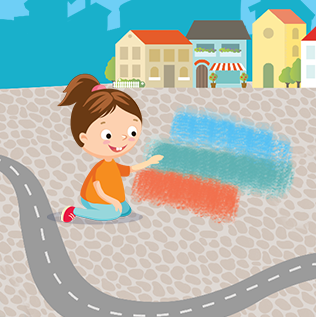English Language Arts Lessons | Integration of Knowledge and Ideas for 6-Year-Olds
6 results
Unlock the world of learning with our dynamic lessons on Integration of Knowledge and Ideas for 6-Year-Olds! Crafted to spark curiosity and foster understanding, our curriculum offers a rich blend of interactive worksheets, captivating educational videos, and engaging assessment quizzes. Designed specifically for young learners, these lessons seamlessly integrate various concepts, encouraging children to connect ideas and apply knowledge in new ways. Perfect for building a solid foundation in critical thinking and comprehension, our program invites your 6-year-old to explore, discover, and grow. Dive into our lessons today and watch your child's love for learning blossom!
In the vast world of educational development, the concept of "Integration of Knowledge and Ideas for 6-Year-Olds" stands out as a pioneering approach designed to enrich the learning experience of young minds. This innovative methodology aims not just at the rote learning of facts but at nurturing an environment where children can connect concepts across different subjects, fostering a deeper understanding and retention of knowledge. By integrating interactive worksheets, educational videos, and assessment quizzes into the curriculum, this approach offers a multifaceted learning experience that is both engaging and effective for 6-year-olds.
Understanding the significance of the Integration of Knowledge and Ideas for 6-Year-Olds requires an appreciation of how children at this age learn. Six-year-olds are at a stage where their cognitive abilities are expanding rapidly. They are beginning to think more logically and can handle more complex concepts than before, yet they learn best through play and interactive activities. This is where the specialized lessons come into play. By leveraging interactive worksheets, these lessons allow children to explore concepts in a hands-on manner, ensuring that learning is not just a passive activity but an active exploration.
Moreover, the use of educational videos in the curriculum serves as a dynamic tool to capture the imagination of 6-year-olds. Videos can bring to life abstract concepts, making them easier for young children to understand and relate to. When children see the practical application of what they are learning through engaging narratives and vivid illustrations, it not only enhances their understanding but also boosts their ability to integrate knowledge from various sources.
Assessment quizzes, another integral component of the Integration of Knowledge and Ideas for 6-Year-Olds, serve a dual purpose. Firstly, they provide immediate feedback to learners, allowing them to measure their understanding and grasp of the concepts taught. This instant feedback is crucial for young learners as it helps them identify areas needing improvement, fostering a growth mindset. Secondly, these quizzes offer teachers valuable insights into each child’s learning progress, enabling personalized support and intervention where necessary.
The true strength of the Integration of Knowledge and Ideas for 6-Year-Olds lies in its potential to develop critical thinking and problem-solving skills among children. As they engage with the curriculum’s interactive components, they learn to make connections between different ideas and concepts. This not only enhances their academic performance across various subjects but also prepares them for real-world challenges by fostering an adaptive and innovative mindset.
In conclusion, the Integration of Knowledge and Ideas for 6-Year-Olds offers a comprehensive and engaging approach to learning that goes beyond traditional teaching methods. By incorporating interactive worksheets, educational videos, and assessment quizzes, this approach not only makes learning more enjoyable for children but also significantly enhances their ability to understand, retain, and apply knowledge across different domains. As such, it represents a crucial investment in the foundational years of a child’s educational journey, setting them on a path toward lifelong learning and success.
